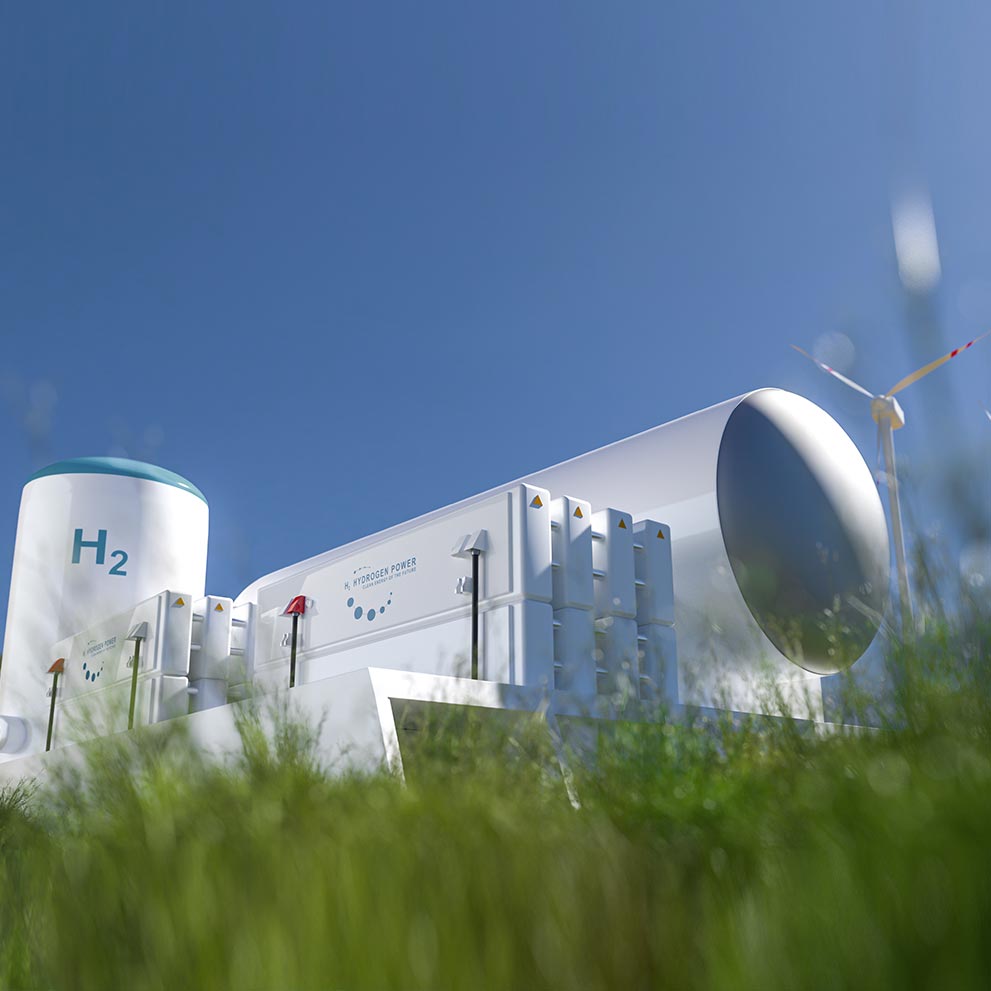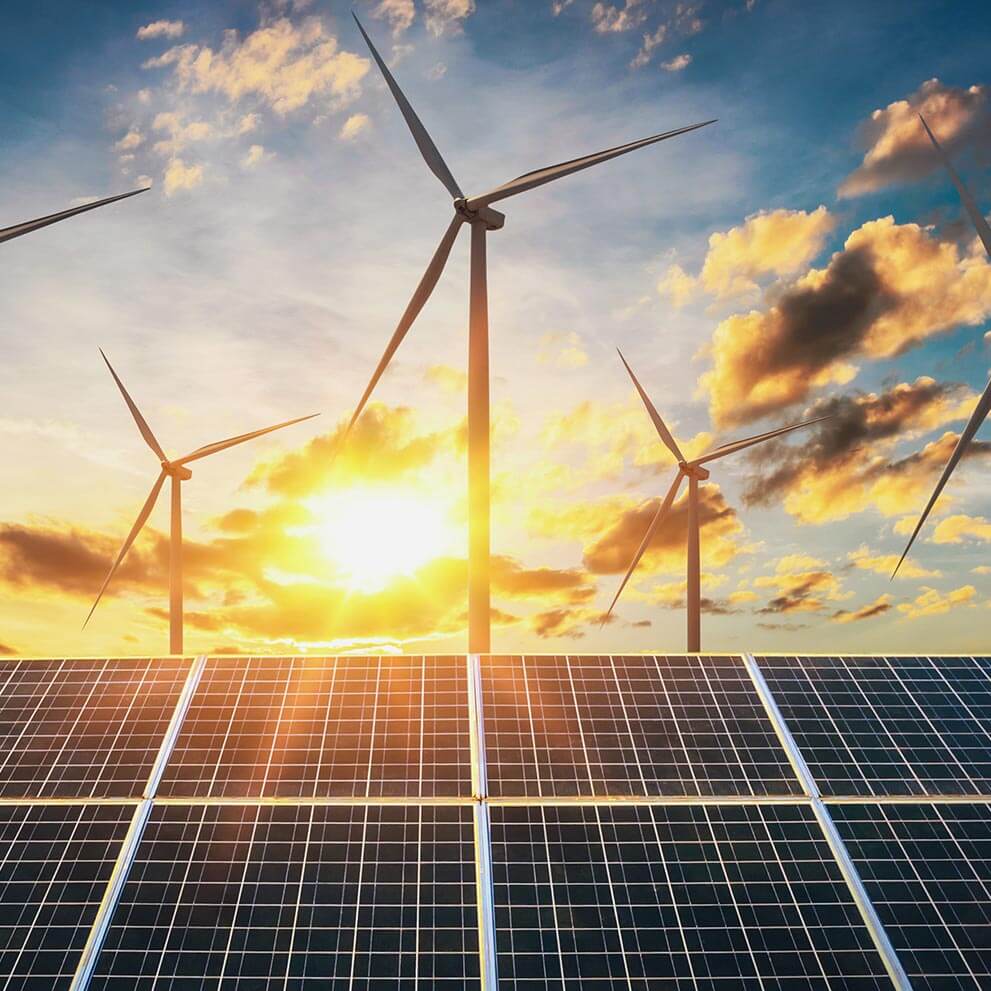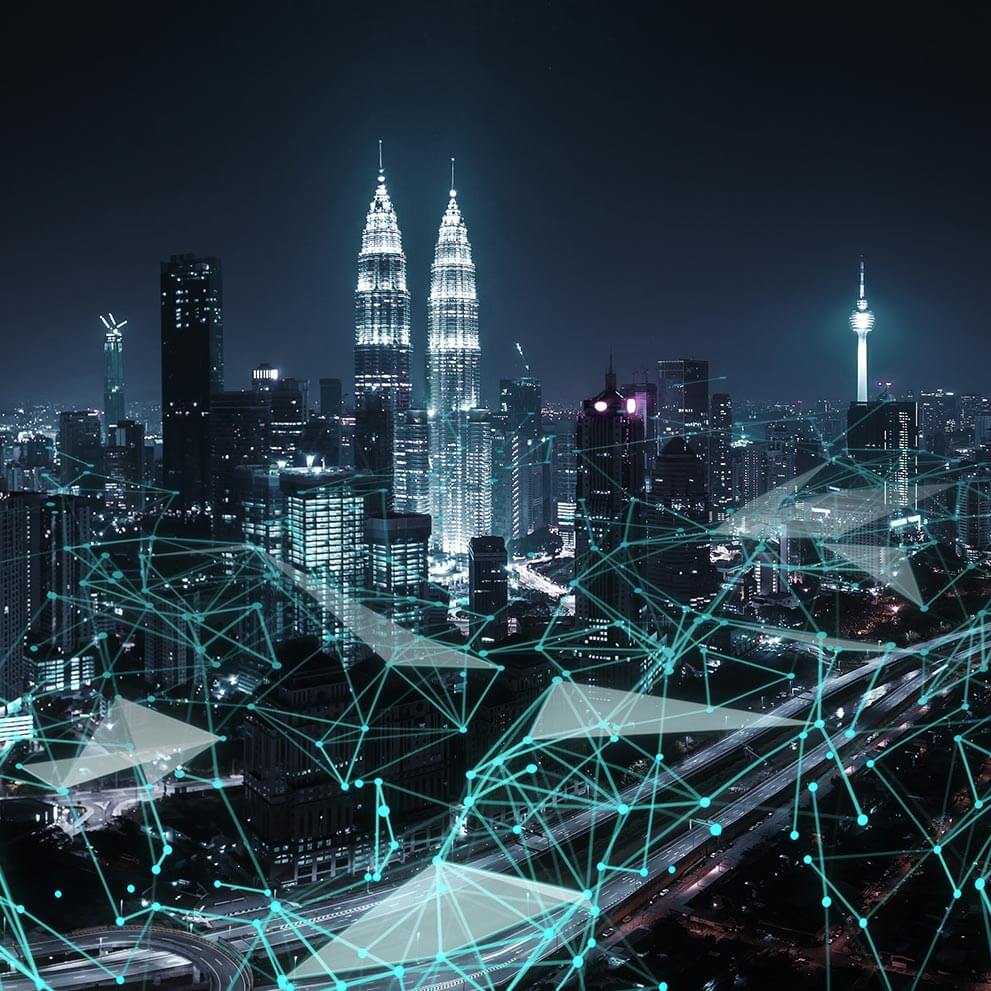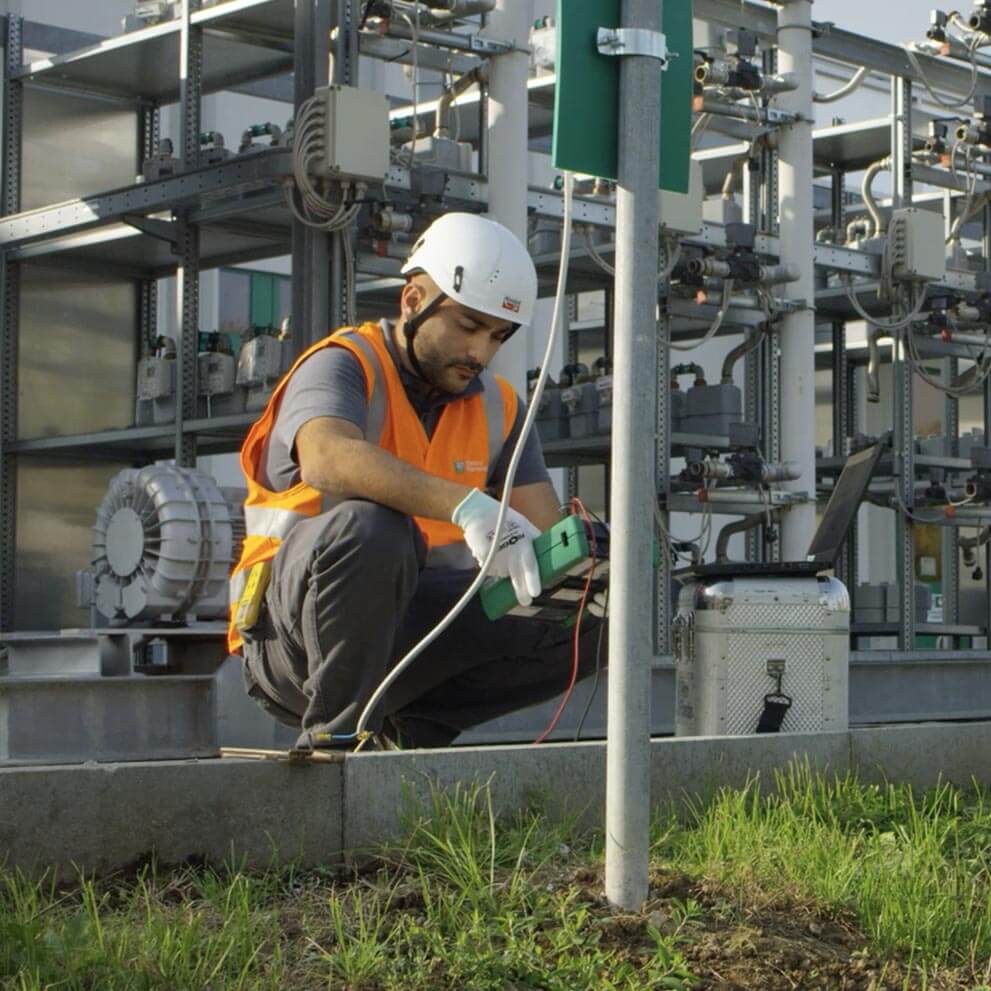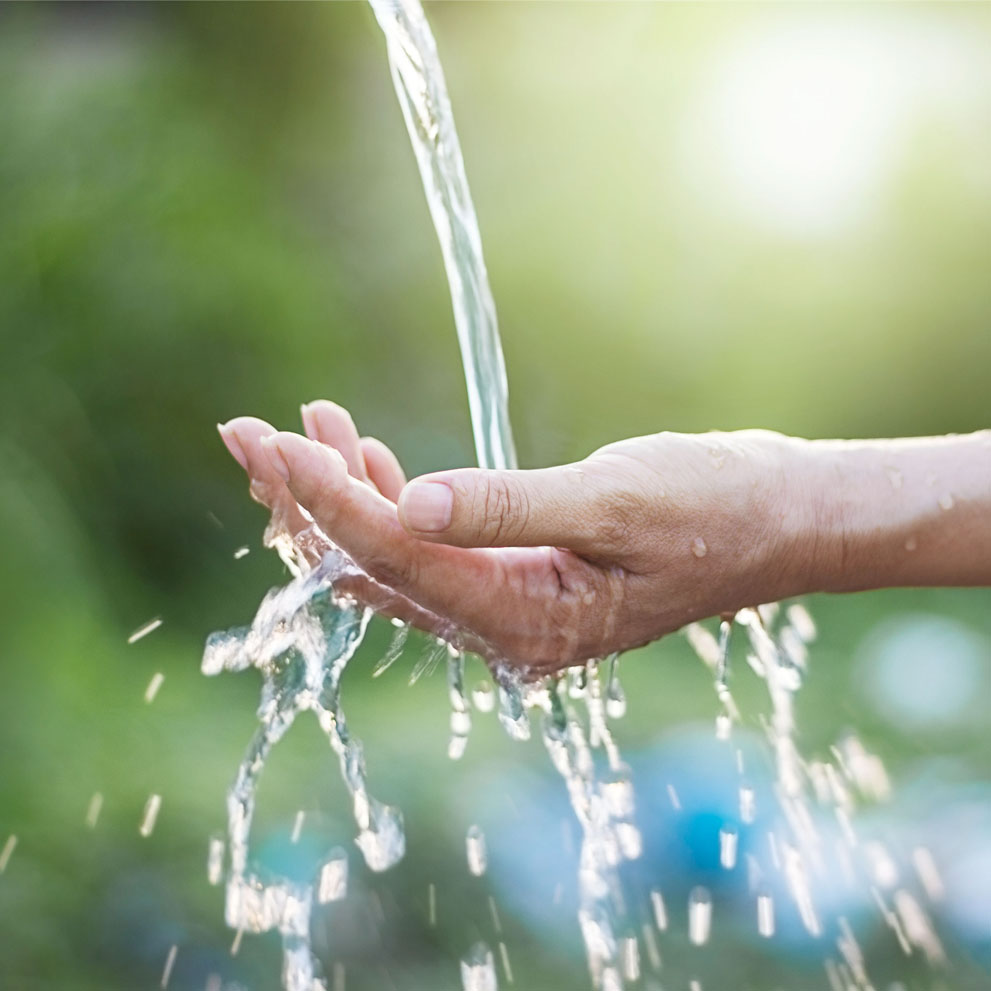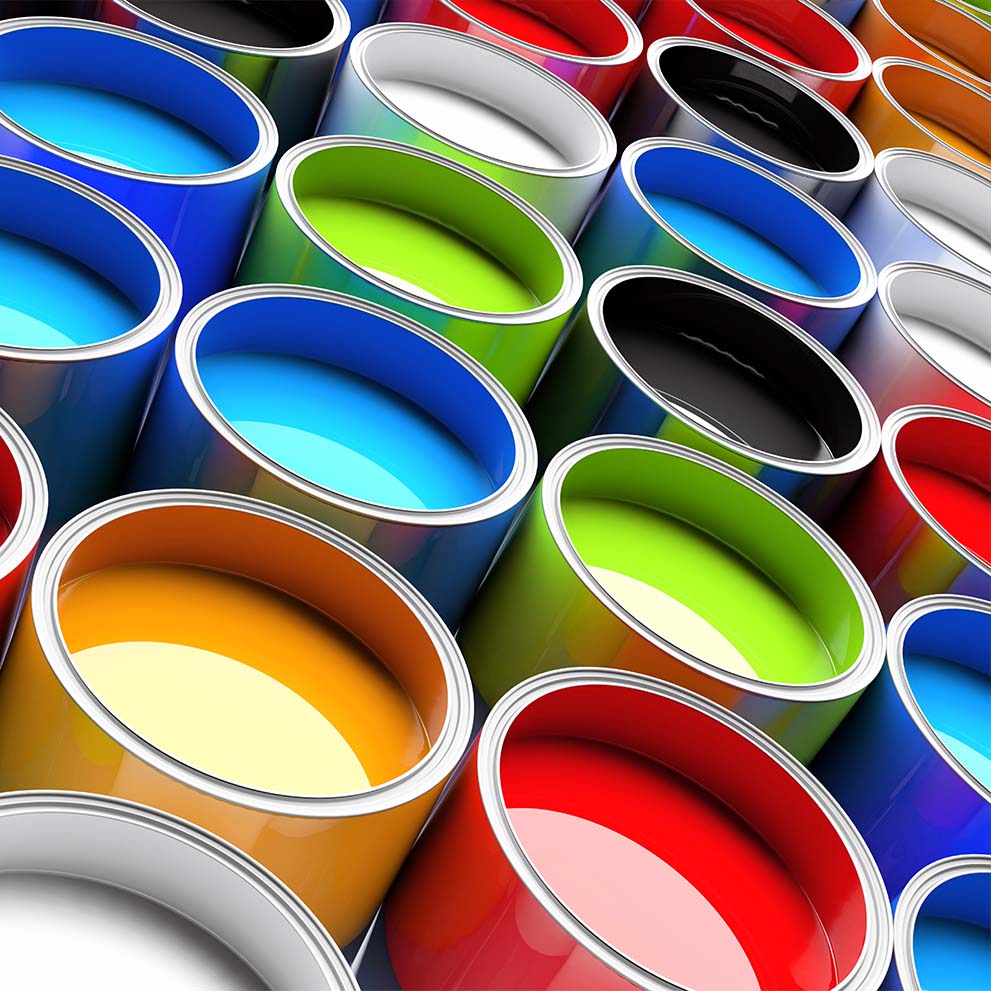Biomethane
A cornerstone of the energy transition
The Green Deal action plan, an agreement through which the European Union has committed to reducing greenhouse gas emissions to zero by 2050, includes the promotion of an efficient use of energy resources for a clean and circular economy. This plan also fits in with the themes pursued by REPowerEU, including energy security and clean energy production.
Biomethane plays a considerable role within this. Unlike other renewable sources, it requires limited investment in terms of infrastructure and, regarding emissions, is considered to be neutral as it is produced via the digestion of biomass from by-products, industrial processing waste and organic material.
Focus
Biogas and biomethane are different substances: biogas is a compound with a methane content of between 50 and 70 per cent, while biomethane is a biogas that has undergone a refining process to reach percentages of 97 per cent or more methane, ready to be injected into the transport and distribution grids.
Biomethane is a valuable ally in the energy transition process: it is a sustainable gas produced from the digestion of biomass, a raw material considered as waste that starts a virtuous circle in which the final by-product also finds a new use.
Pietro Fiorentini realises integrated and customised solutions along the entire biomethane chain, including the treatment of raw biogas, the feeding of biomethane into the grid, methane and CO2 liquefaction. Pietro Fiorentini is a member of the Board of Directors of the Italian Biogas Consortium and is founding member of the Biomethane Industrial Partnership.
Incentives for biomethane supply chain
The increase in the production and use of biomethane is receiving a strong boost thanks to incentives promoted at European level to make this important resource economically sustainable. This represents a tangible contribution not only in the race to achieve the objectives set at EU and national level, but also in regard to the challenge posed by the energy transition that now involves the entire planet.
In 2022, the European Commission approved a new incentive scheme for biomethane production, which will be funded with €1.7 billion through the NRRP. The funding will be used to support the construction of new or converted sustainable biomethane production facilities, with a special focus on biogas production related to agricultural activities.
Incentives for biomethane production (article in Italian)
